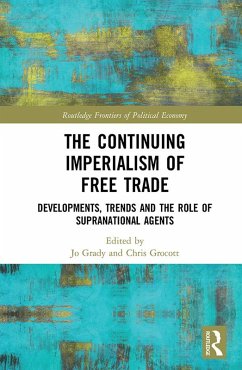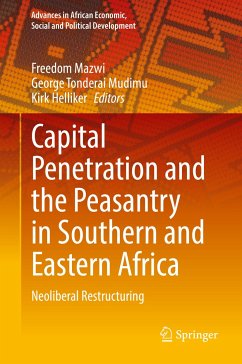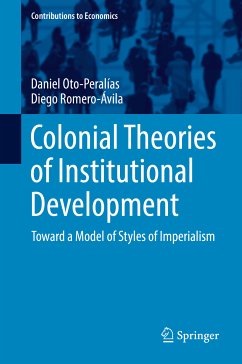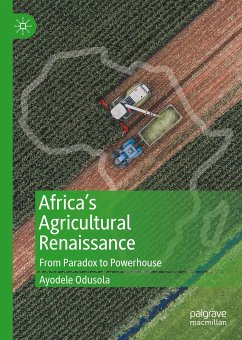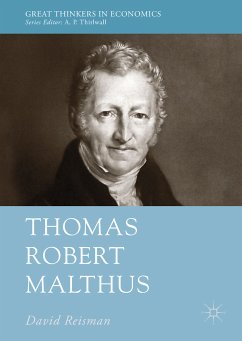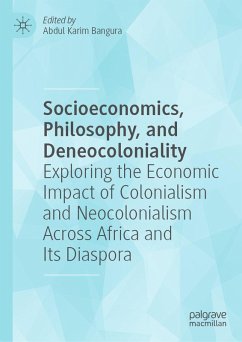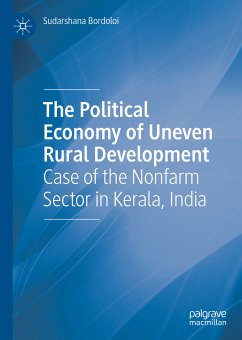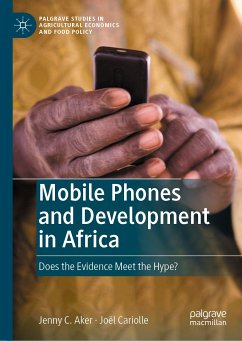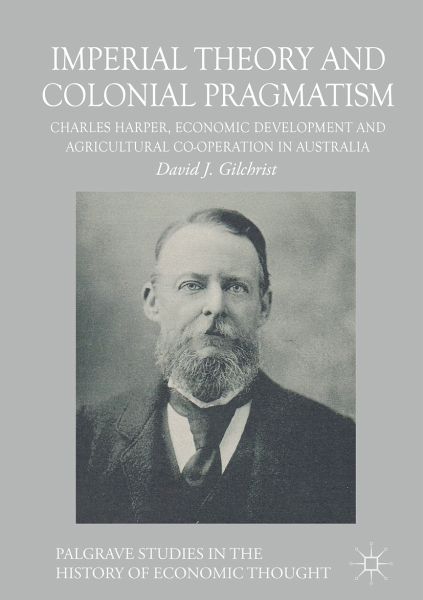
Imperial Theory and Colonial Pragmatism (eBook, PDF)
Charles Harper, Economic Development and Agricultural Co-operation in Australia
Versandkostenfrei!
Sofort per Download lieferbar
88,95 €
inkl. MwSt.
Weitere Ausgaben:

PAYBACK Punkte
44 °P sammeln!
Of interest to historians of economic thought, British Imperial history, Australian economic and political history, and comparative economic and agricultural history Highlights Harper's significance in Western Australian parliamentary development, commerce, agriculture and journalism Reviews the transplantation of co-operative ideals to a distant shore through the agency of a conservative 'capitalist'
Dieser Download kann aus rechtlichen Gründen nur mit Rechnungsadresse in A, B, BG, CY, CZ, D, DK, EW, E, FIN, F, GR, HR, H, IRL, I, LT, L, LR, M, NL, PL, P, R, S, SLO, SK ausgeliefert werden.



